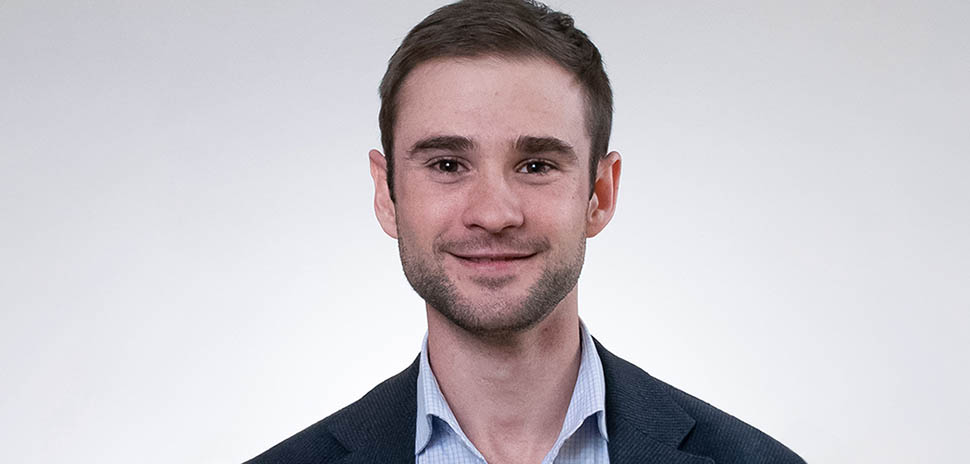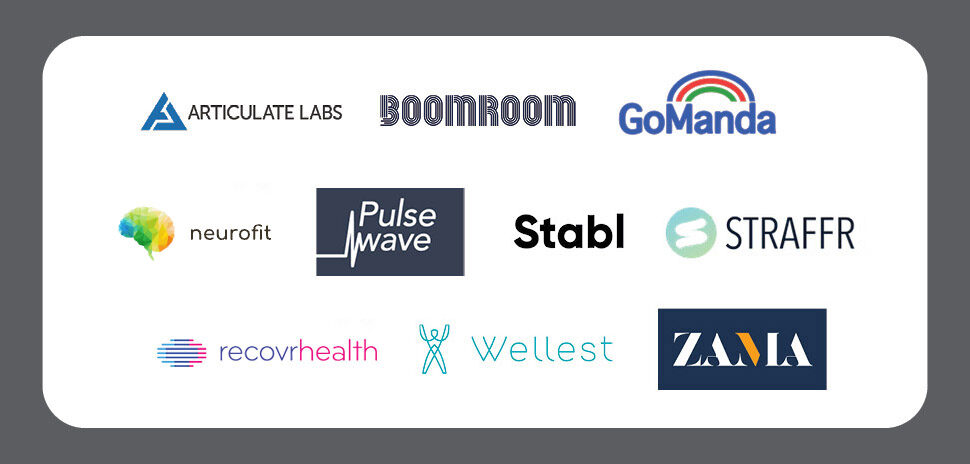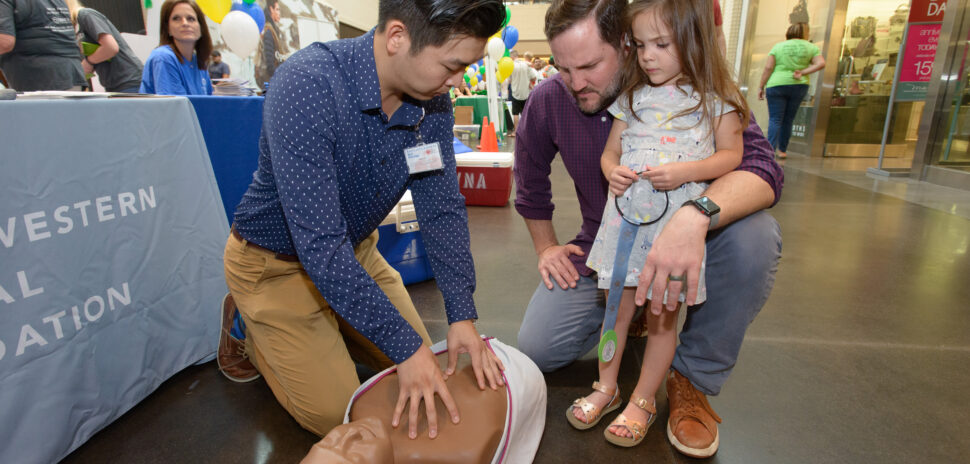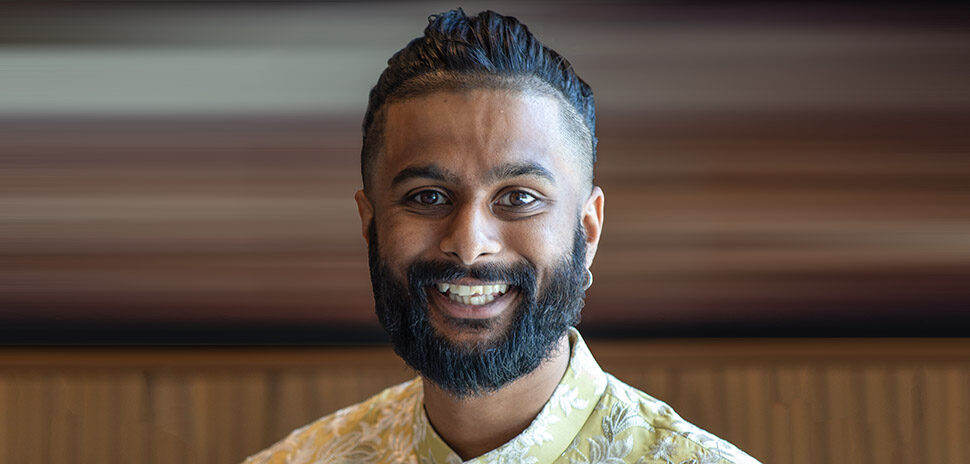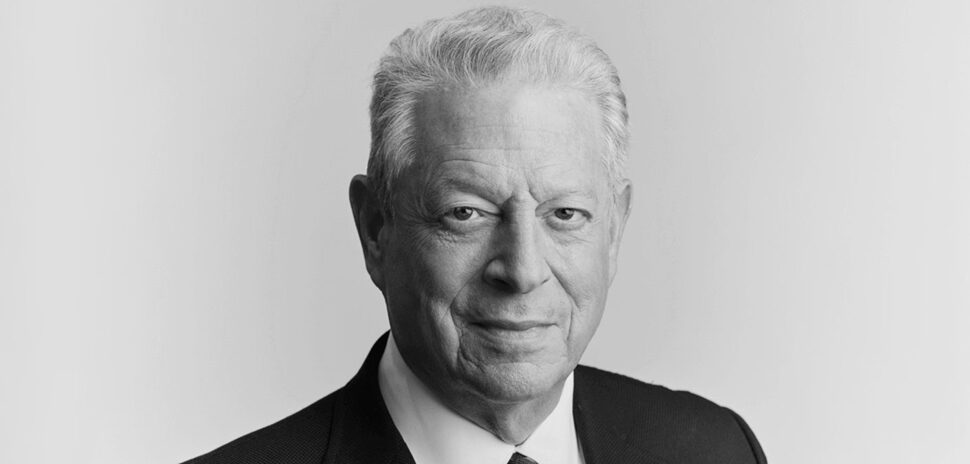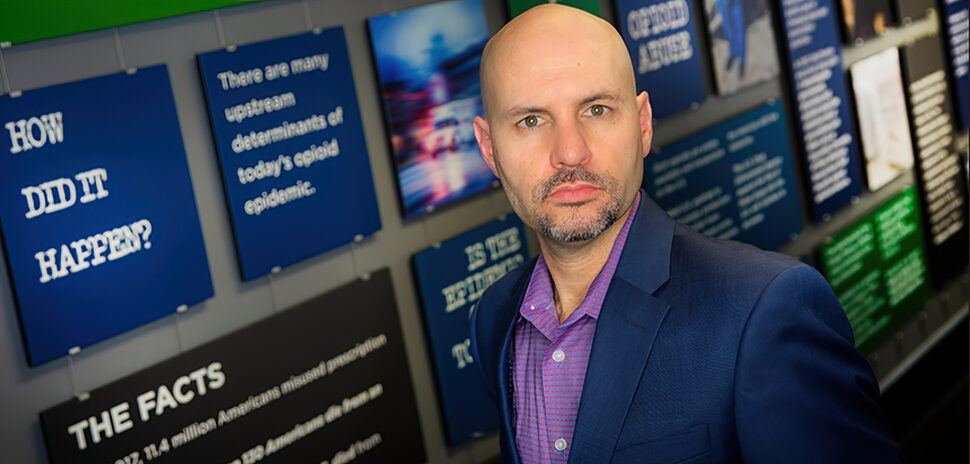Lightbeam Health Solutions, the Irving-based provider of population health management solutions and services, has released the industry’s first no-cost health equity strategy in-a-box solution.
Called Radian and powered by Lightbeam’s health equity AI engine and requiring just a ZIP code, the solution aggregates clinical and social data across more than 4,500 factors that are three times more granular than the Social Vulnerability Index (SVI), giving providers an executive-level view of health disparities within a community.
The Social Vulnerability Index uses U.S. Census data to determine the social vulnerability of every census tract in the nation. It ranks each tract on 14 social factors and groups them into four related themes. Each tract receives a separate ranking for each of the four themes along with an overall ranking.
Leveraging data to improve health equity
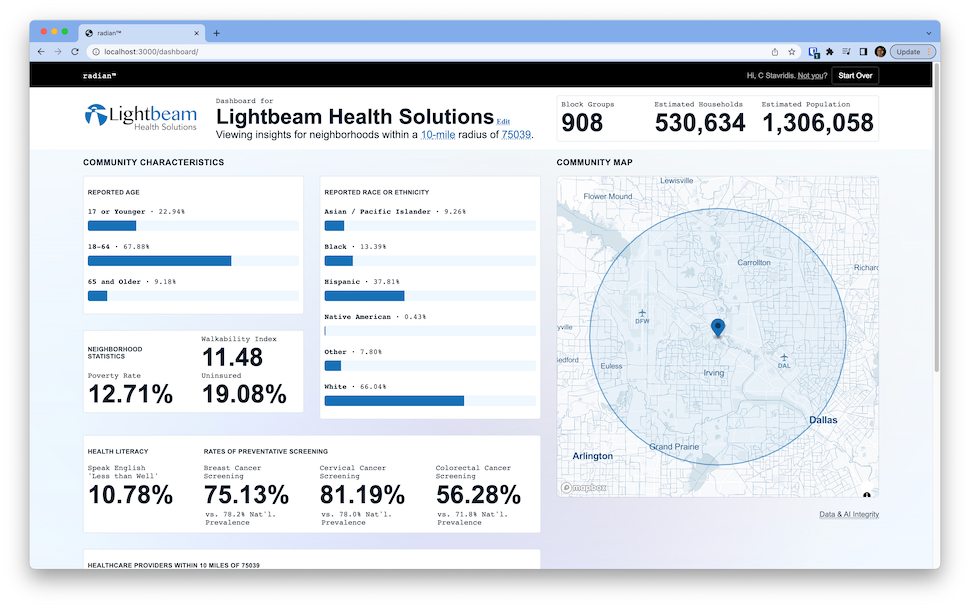
Lightbeam Health Solutions’ Radian Demo for the Dallas area. [Image: Lightbeam]
“At Lightbeam, we believe health equity should be a priority for all organizations,” C Stavridis, Vice President of Product at Lightbeam’s subsidiary CareSignal, said in a statement. “We are delighted to offer Radian as a no-cost service to remove any barriers to entry. Payers, providers, and all other organizations in between can leverage Radian and immediately begin addressing targeted challenges and identifying opportunities for improvement that the tool surfaces.”
Lightbeam Health Solutions acquired CareSignal, a pioneer of Deviceless Remote Patient Monitoring technology in November 2021. The deal enabled Lightbeam to integrate scalable, evidence-based remote engagement and monitoring capabilities into its core population health offering that serves more than 42 million patients across the United States.
Lightbeam said that by leveraging Radian, healthcare leaders have access to:
- Precise demographics within a 1-, 10-, or 100-mile radius from the center of any given ZIP Code
- AI-informed health areas of focus and impactibility, prevalent among the population
- Clinically supported recommendations to address top vulnerabilities at the Census Block Group level
Ensuring patients receive the right care at the right time
Additionally, Radian generates community materials that can be shared via direct mail, email, or social media to engage and educate patient populations. Materials are fully custom-branded using an organization’s logo and selected color motif and use AI-generated faces to match each organization’s unique demographic makeup to align with community identity.
“Radian represents just the tip of the iceberg of Lightbeam’s commitment to help risk-bearing organizations identify opportunities for predictive, proactive care for every patient and community,” CareSignal CEO Blake Marggraff said in a statement. “Providers and payers ready to take the next steps in developing a robust health equity and patient engagement strategy can leverage Lightbeam’s other offerings, including our ACO REACH solution suite, CareSignal Deviceless RPM, and Jvion AI.”
Lightbeam Health Solutions said it delivers a proven model for managing patient populations and associated risk.
The company’s vision is to bring health data into the light through the use of analytics, and to provide the insight and capabilities healthcare clients need to ensure patients receive the right care at the right time.
Lightbeam facilitates population health management for ACOs, payers, provider groups, health systems, and other healthcare organizations seeking to offer superior care at a lower cost.
![]()
Get on the list.
Dallas Innovates, every day.
Sign up to keep your eye on what’s new and next in Dallas-Fort Worth, every day.










